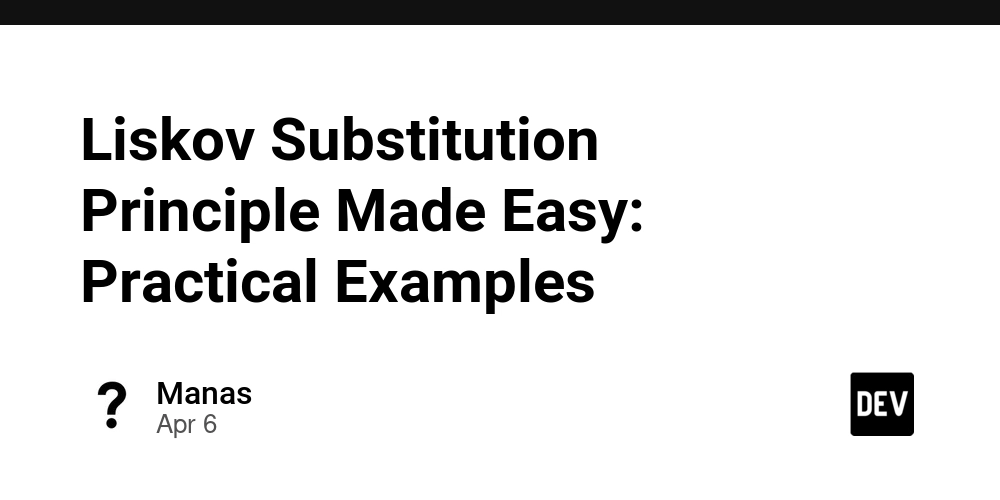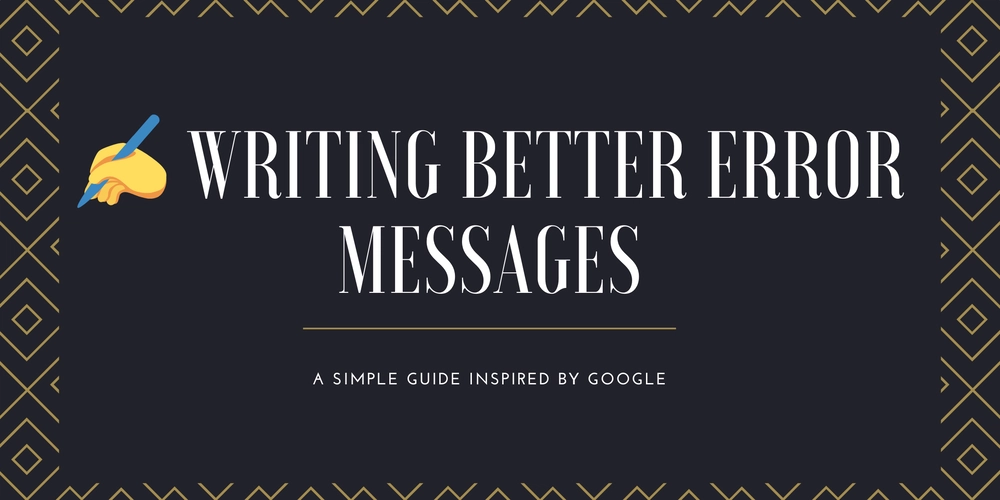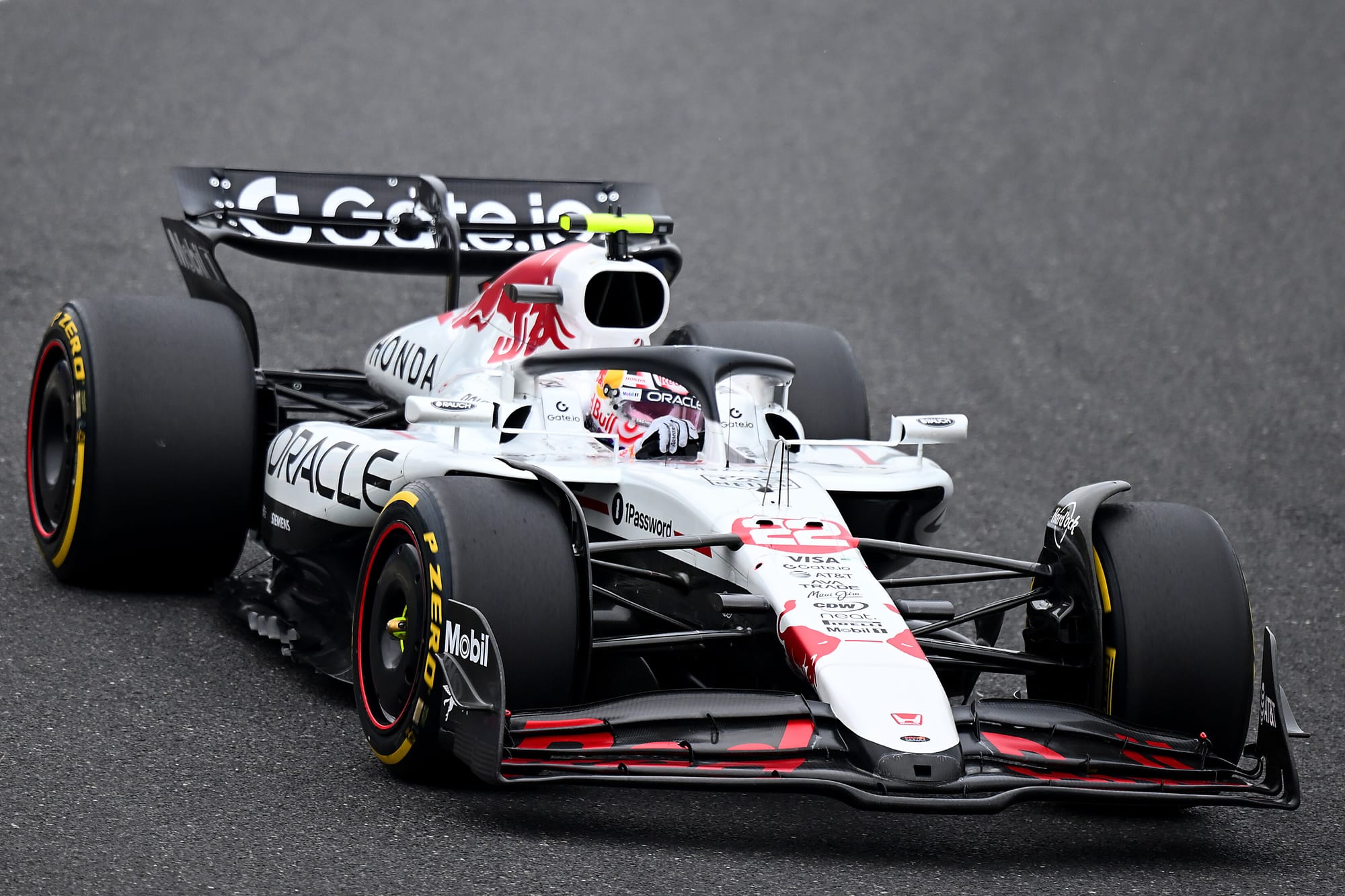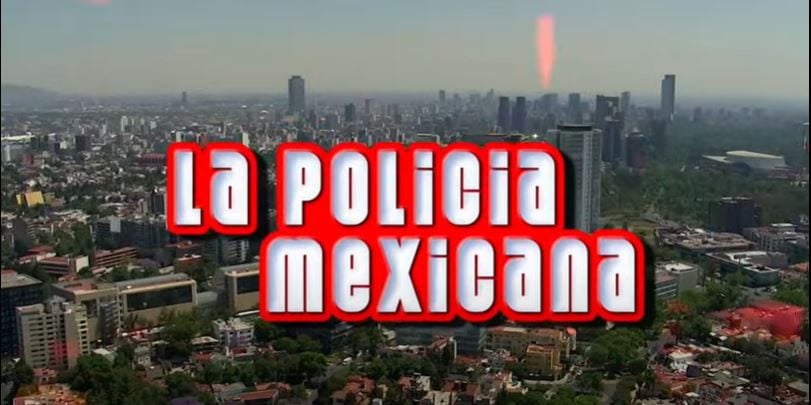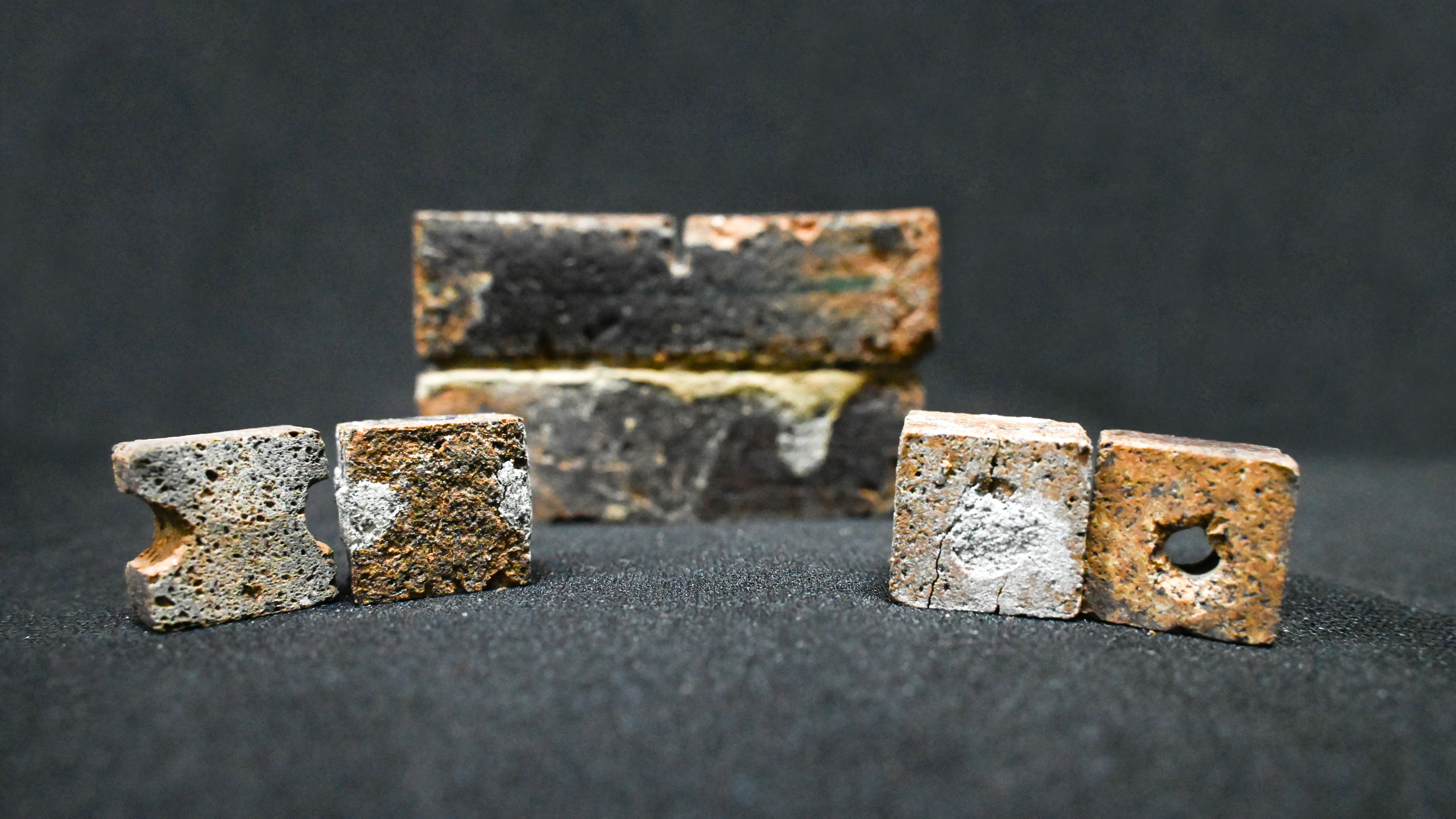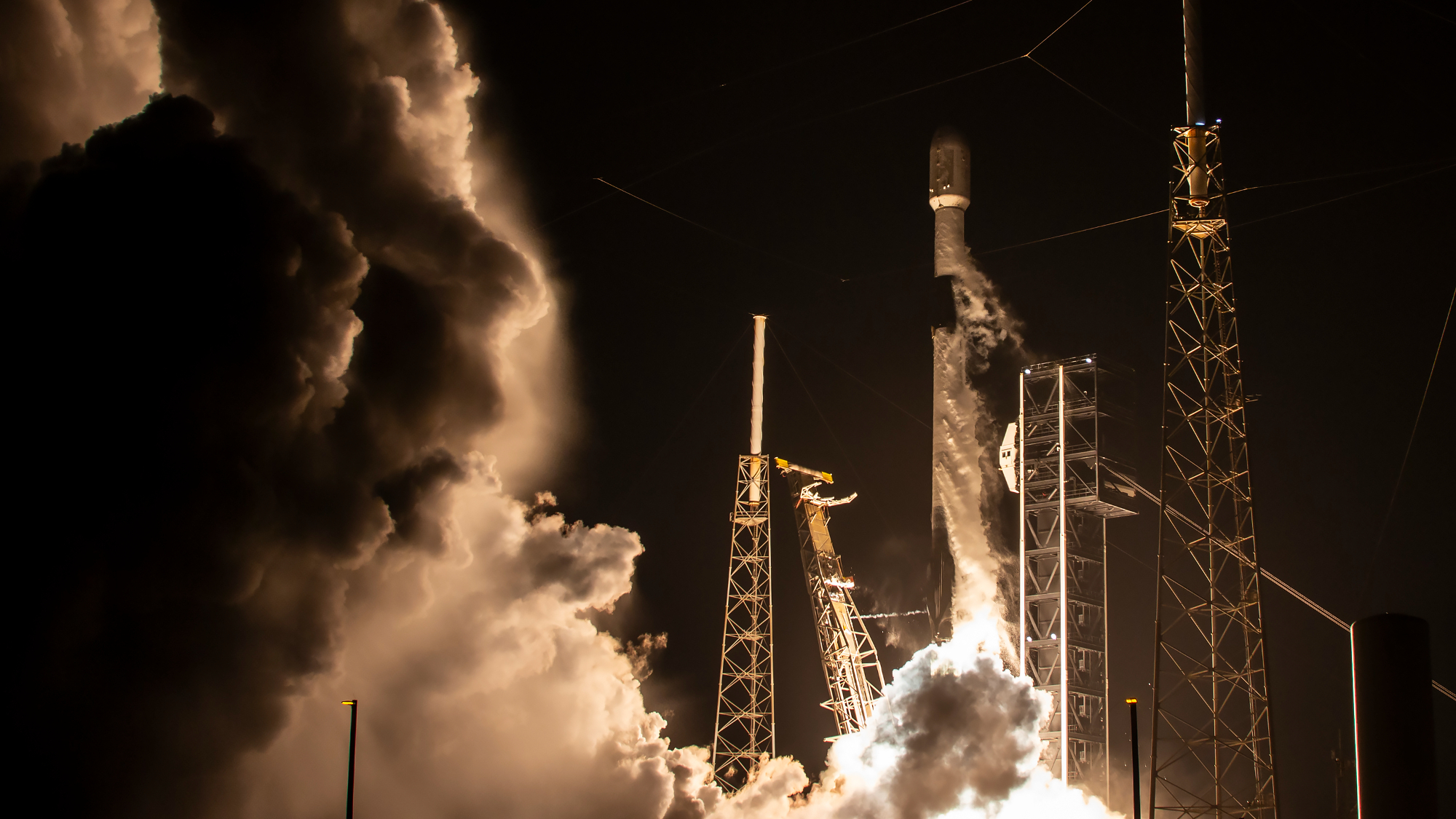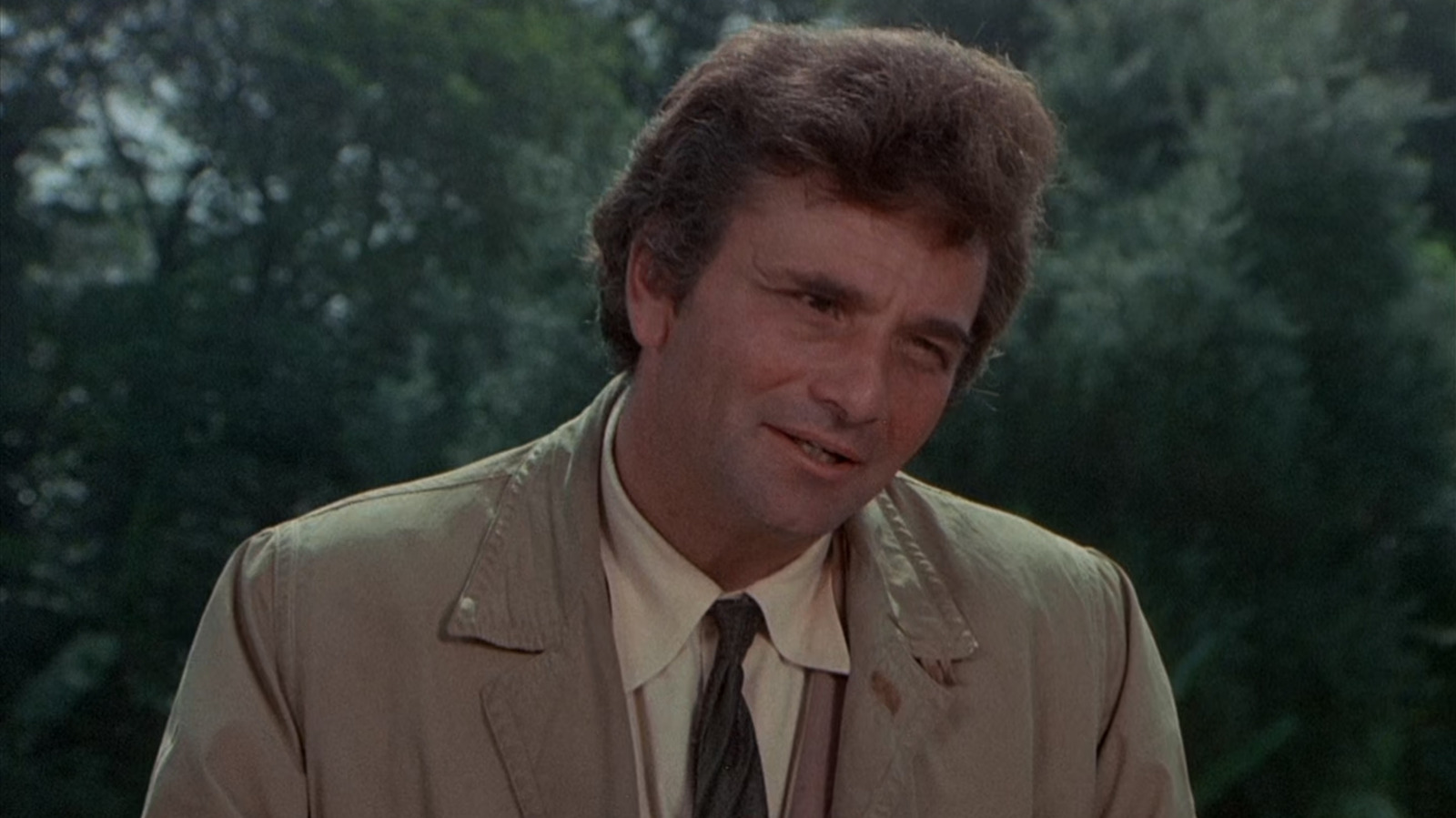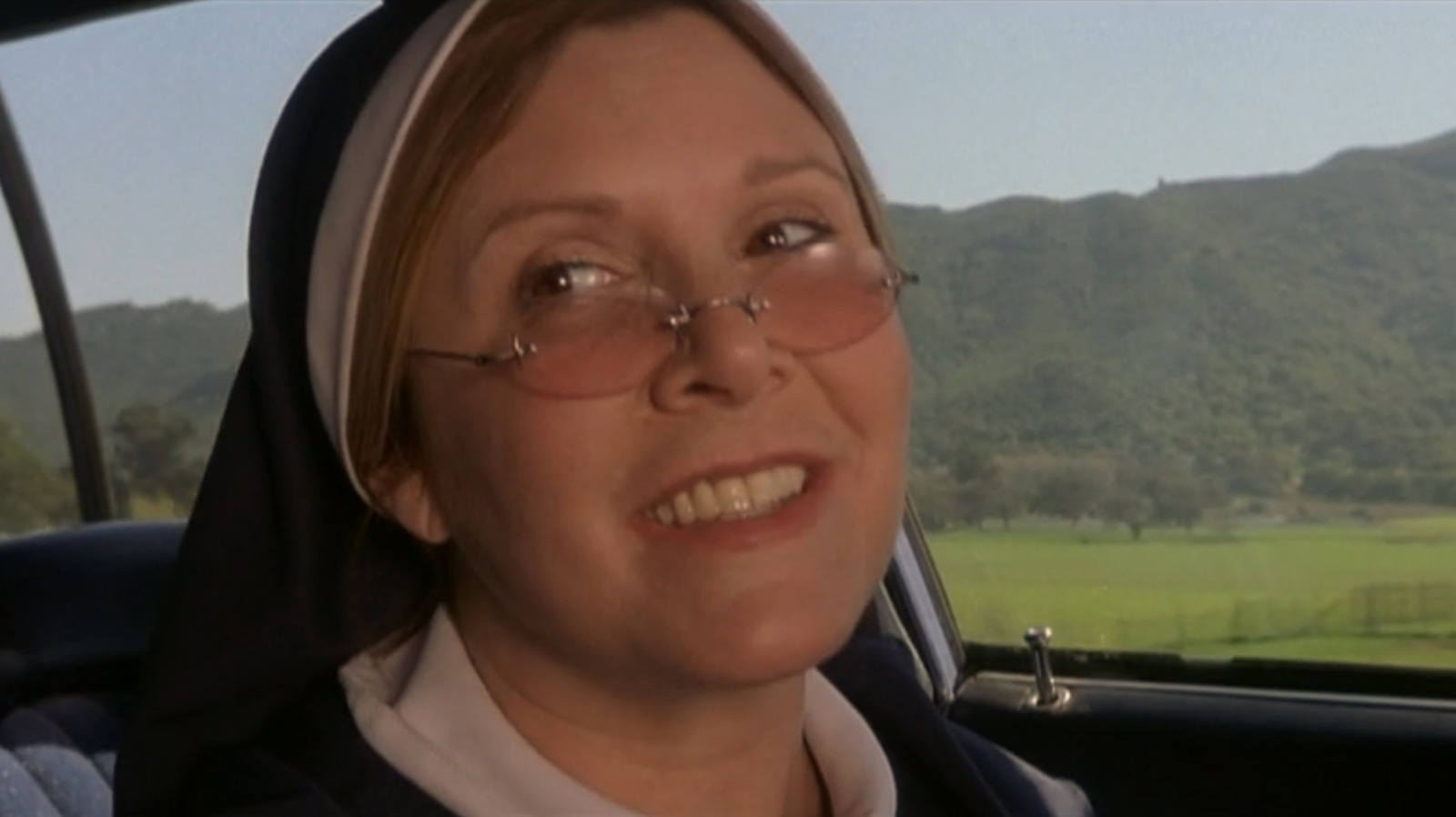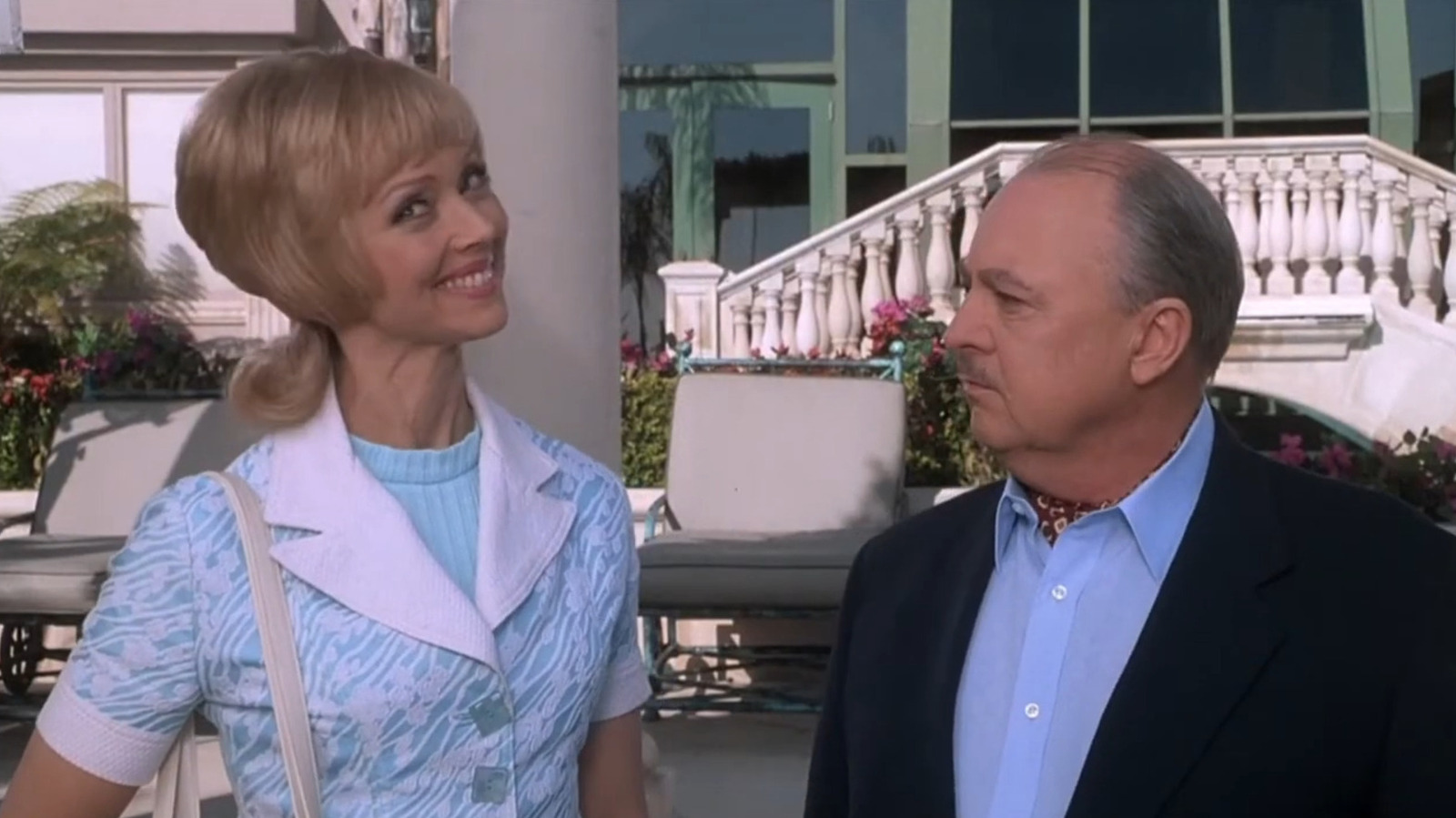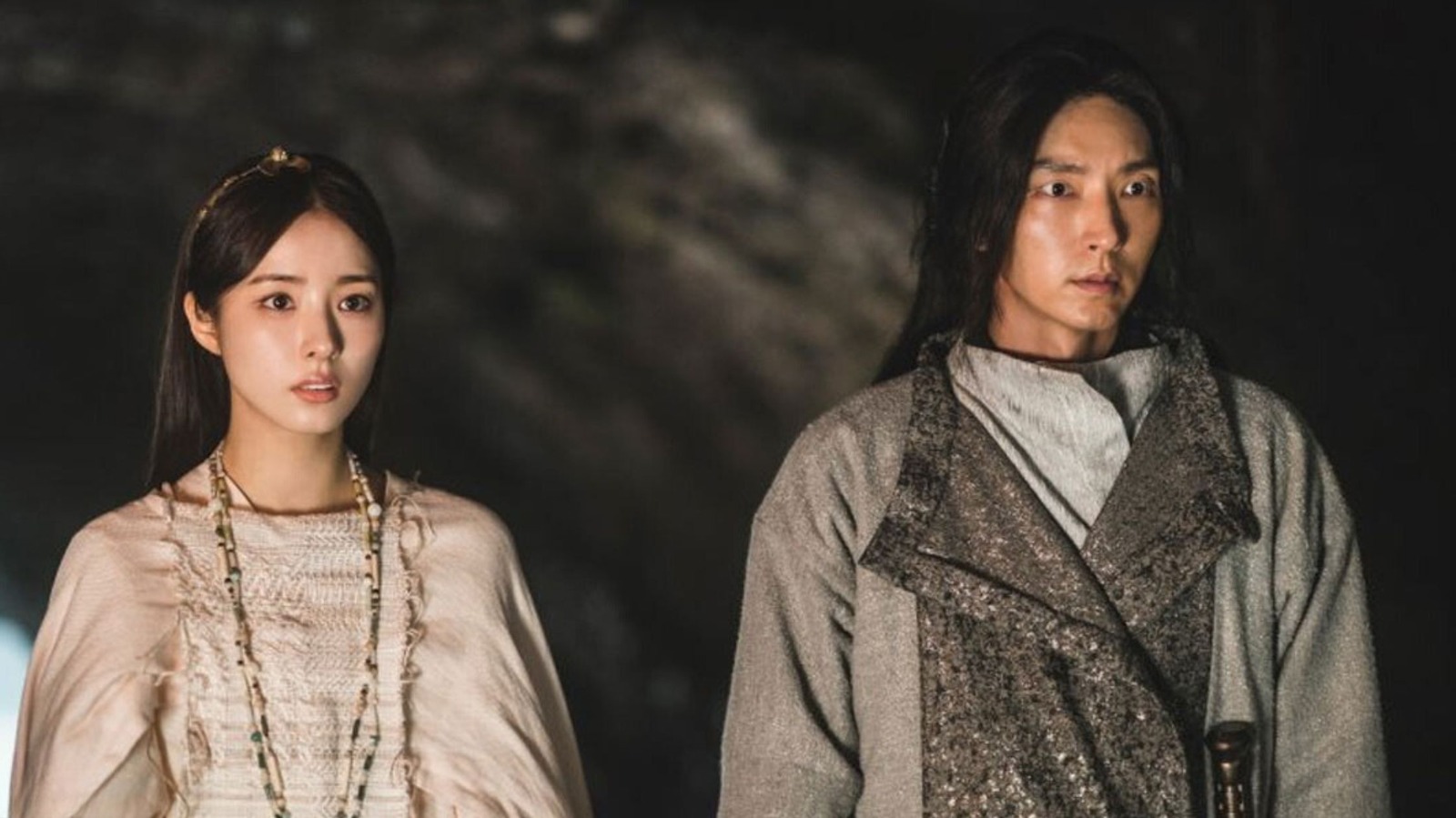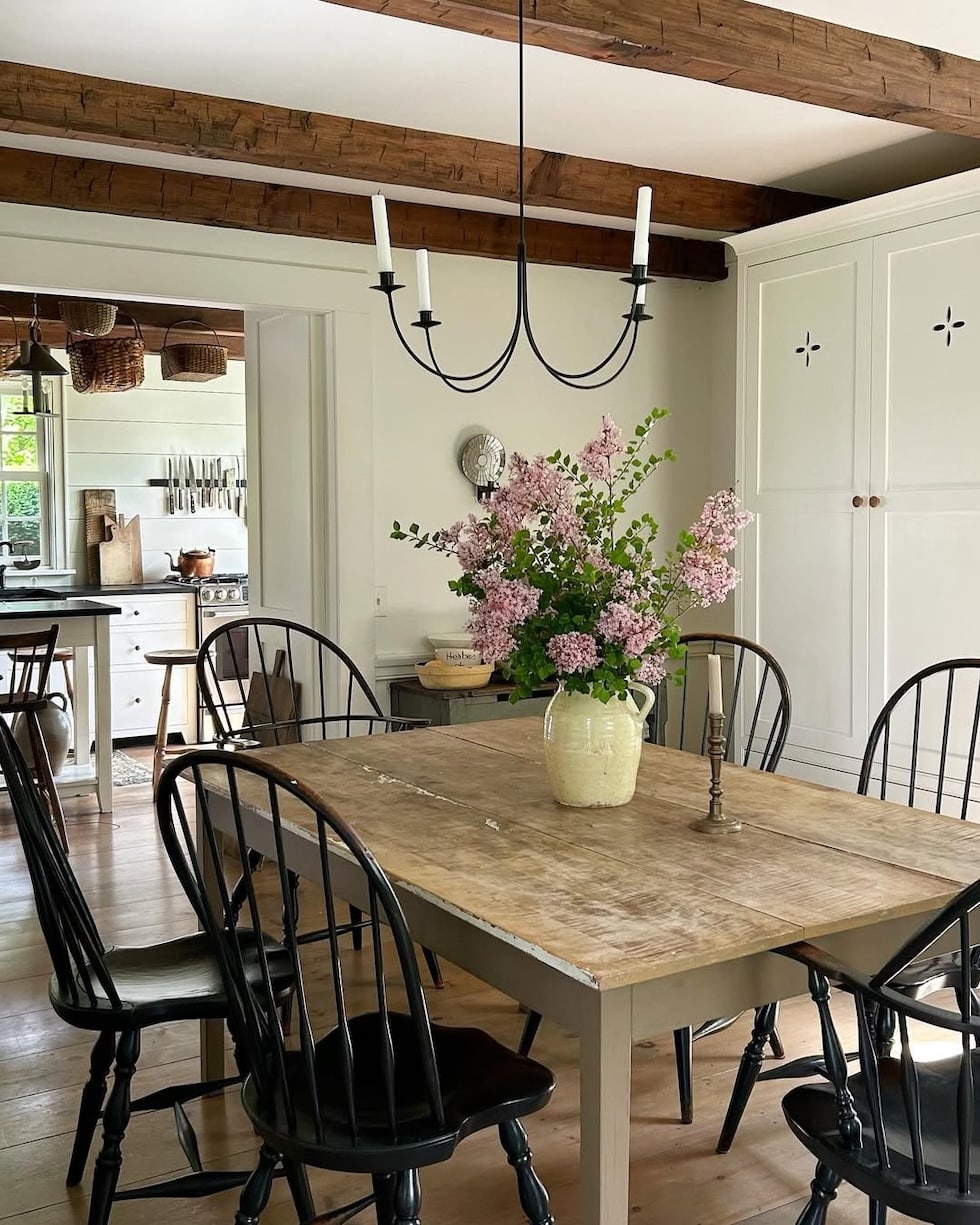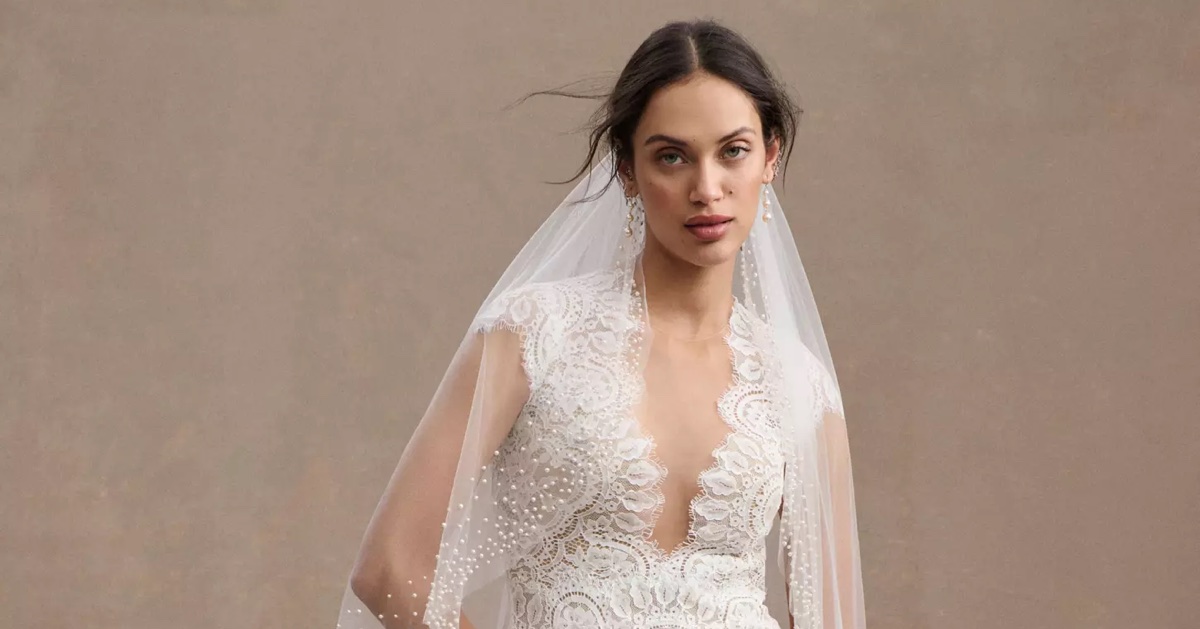Why are so many people into astrology?
A Vox reader asks: Why do so many people believe in astrology? Astrology has been around as long as people have had problems. Frustrated with their terrestrial existence, humans have looked to the stars for answers. A constellation shaped like a goat, an archer, or a virgin could have just as much insight into life as […]


A Vox reader asks: Why do so many people believe in astrology?
Astrology has been around as long as people have had problems. Frustrated with their terrestrial existence, humans have looked to the stars for answers. A constellation shaped like a goat, an archer, or a virgin could have just as much insight into life as anyone on Earth — maybe even more. Today, pop stars devote entire albums and songs to their Saturn returns, sports fans use the zodiac to predict the Knicks’ success, and astrology apps are all over millennials’ and Gen Z’s phones, helping to make astrology a reportedly $12 billion industry and growing.
But could the way the stars were aligned on the day you come into the world really dictate the rest of your life? Are the millions of people who were born in the same 29-day span as you experiencing life in just the way you are? Does having a birthday in early June really damn you to having the toxic personality of a Gemini? Is Mercury in retrograde really to blame for everything that goes wrong? (That is, aside from the things Geminis are responsible for.)
Those larger questions might be unanswerable, but astrology’s longevity and popularity aren’t up for debate. So the better question is: What is it about astrology that makes it so compelling to so many different people?
The simple answer might be that people around the world find validation and self-reflection in astrology. The idea that the stars and planets can affect our personal lives and shape who we are as people may never convince its harshest skeptics, but for many it makes as much sense as anything else our confusing, frustrating, thrilling, comedic existence has to offer.
“I like to use astrology as a map,” says Jake Register, an author and astrologer. For Register, the map isn’t about the specifics — “On [this day] you’re going to run into your evil ex at [this time] at [this location]” — it’s a metaphorical way of reading one’s personal journey and opportunities.
“It shows you different routes to your destination, and it can tell you which routes will be easier or more difficult,” Register says. “But it can’t tell you what kind of traffic to expect. Or whether or not you’ll get into a fender bender, or if someone else nearby has a car crash moment that will result in you getting delayed.”
As Register points out, astrology is also not the only “map” that’s available to us — it’s just one at our disposal. This also squares with evolutions within the practice that have turned more toward self-knowledge.
“While ancient astrology focused heavily on prediction, modern astrology serves primarily as a tool for self-understanding,” says Psychic Solas, an Irish psychic intuitive and astrologer who has been working with clients for over 24 years.
Echoing Register, Solas said there’s an innate human desire to figure out the patterns in our lives and make sense of them, and astrology is one framework — zodiac signs, planetary phases, birth charts, etc. — that people can use to give events and personality quirks shape and meaning.
All of these things ideally help us tell a bigger story about the person we think we are, the person we were, and the person we aspire to be.
More often than not, what people get from astrology resembles personal reflection more than a kind of cosmic fortune cookie.
Reading horoscopes and taking a look at apps like Co-Star and Sanctuary, you get see assessment and advice that address the positive and negative traits we all possess, the positive and negative behavior that we take part in, and the positive and negative changes we undergo as people.
Certain sun signs — that is, where the sun was at the time of your birth, which determines the main 12 astrological signs you might recognize — have certain qualities. Tauruses are loyal but stubborn. Scorpios are determined but obsessive. Leos are confident but arrogant. Libras are charming but indecisive. These signs belong to groups of elements — fire, air, earth, and water — that have certain shared traits; for instance, air signs, i.e., Gemini, Libras, and Aquariuses, are sociable and forgiving. Meanwhile, birth charts, which dig deeper into the placement of the planets and stars at the specific time and place of someone’s first breath, purport to tell us even more. Ascendant and moon signs — that is, the sign that was rising and the placement of the moon the moment you were born — also have certain characteristics (Scorpio risings, magnetic!), adding further texture to our personalities. And so on and so forth.
The gist: All of these things ideally help us tell a bigger story about the person we think we are, the person we were, and the person we aspire to be.
“Someone might struggle to admit they’re feeling vulnerable, but can more easily acknowledge ‘my Cancer moon is really sensitive today,’” Solas says. She said that people can use astrology as an avenue to freely address the negative aspects of themselves and the areas of their lives they want to improve. It also allows people to talk about the parts of their personalities that they enjoy, and may allow them to offer themselves grace about the parts they don’t. It’s not-not a type of therapy, albeit a self-directed, celestial one.
As long as astrology exists, though, there will always be skeptics.
“I’m not out here trying to convert anybody,” Register says. He simply notes that astrology has been around for millennia and maintained its cultural significance for a reason. Register does not have the desire — or the millennia — to try and convince someone who’s deadset on shooting astrology down. That isn’t on his map.
“A skeptic saying, ‘I don’t believe in astrology,’ is like someone saying, ‘I don’t believe in maps,’ or, ‘I don’t believe in instruction manuals.’ Whether or not you choose to engage with it means nothing,” Register says. “You can go through life just fine without maps or instruction manuals and figure it all out yourself, but those tools can make things way easier on you.”
As the zodiac tells us, people are different, and need different things. Register’s argument might be convincing enough for some, and it won’t be enough for others. Especially if you’re a Capricorn.
This story was featured in the Explain It to Me newsletter. Sign up here. For more from Explain It to Me, check out the podcast.










![[DEALS] The Premium Learn to Code Certification Bundle (97% off) & Other Deals Up To 98% Off – Offers End Soon!](https://www.javacodegeeks.com/wp-content/uploads/2012/12/jcg-logo.jpg)
